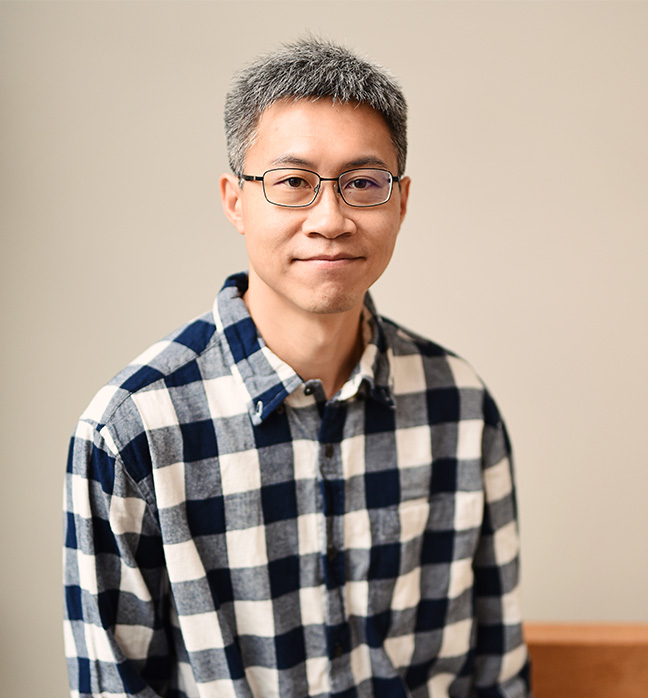Kin Sing Stephen Lee

- Associate Professor, Department of Pharmacology and Toxicology
- Life Science
- 1355 Bogue St Room B330A
- East Lansing MI 48824
- 517-884-1813
- sing@msu.edu
RESEARCH INTERESTS
Our group focuses on using chemical biology methods to study the interactions between dietary lipids (what we eat), environmental chemicals (what we expose to) and human health (our body) in molecular level. We are particularly interested in studying the molecular mechanisms on how the dietary omega-3 (DHA or EPA) to omega-6 (e.g. soybean oil) ratio affects human health and human responses to environmental toxicants. It has been shown that these fatty acids affect human health partly through their metabolites and one of the major metabolites derived from the dietary lipids is the corresponding epoxides. Both omega-3 and omega-6 fatty acid epoxides are potent signaling molecules and play an important role in inflammation, blood pressure regulation, pain perception and angiogenesis. However, how they initiate their biological effects remain unknown. Therefore, one of the short-term goals in this laboratory is to design and to synthesize analogs of both epoxides and use them to study their mechanism of actions in vitroand in vivo. We will first elucidate the signaling pathway in angiogenesis of both epoxide using the parent epoxide and their analogs. Because interestingly, omega-3 fatty acid epoxides are anti-angiogenic and omega-6 fatty acid epoxides are angiogenic. The second major goal in the lab is to identify the first high affinity and highly specific epoxyeicosatrienoic acid (EET) receptor. EET derived from arachidonic acid is a very potent signaling molecule with diverse bioactivity but no known receptor. We will combine an improved chemical analog, red-shifted photolabel and state-of-the-art accelerator mass spectrometry to isolate and to identify the first EET receptor/ signaling protein. During the discovery process, I have already identified analogs that carry the same activity as EET and these analogs has already been used for EET receptor identification in the lab. The overall goal of our research is to develop new chemical tools to elucidate the mechanism on how dietary lipids affects human health. The tools and the methods developed not only will help us better understand how these dietary lipids modulate human health but also could potentially be new therapeutics for different diseases.
EDUCATIONAL BACKGROUND
Hong Kong University of Science and Technology, B.S., 2000-2003, Chemistry
Michigan State University, Ph.D., 2003-2010, Chemistry
University of California at Davis, Post-doctoral scholar, 2010-2016, Medicinal Chemistry and Chemical Biology
AFFILIATED WEBSITES
https://phmtox.msu.edu/people/faculty/kin-sing-stephen-lee-ph-d/

